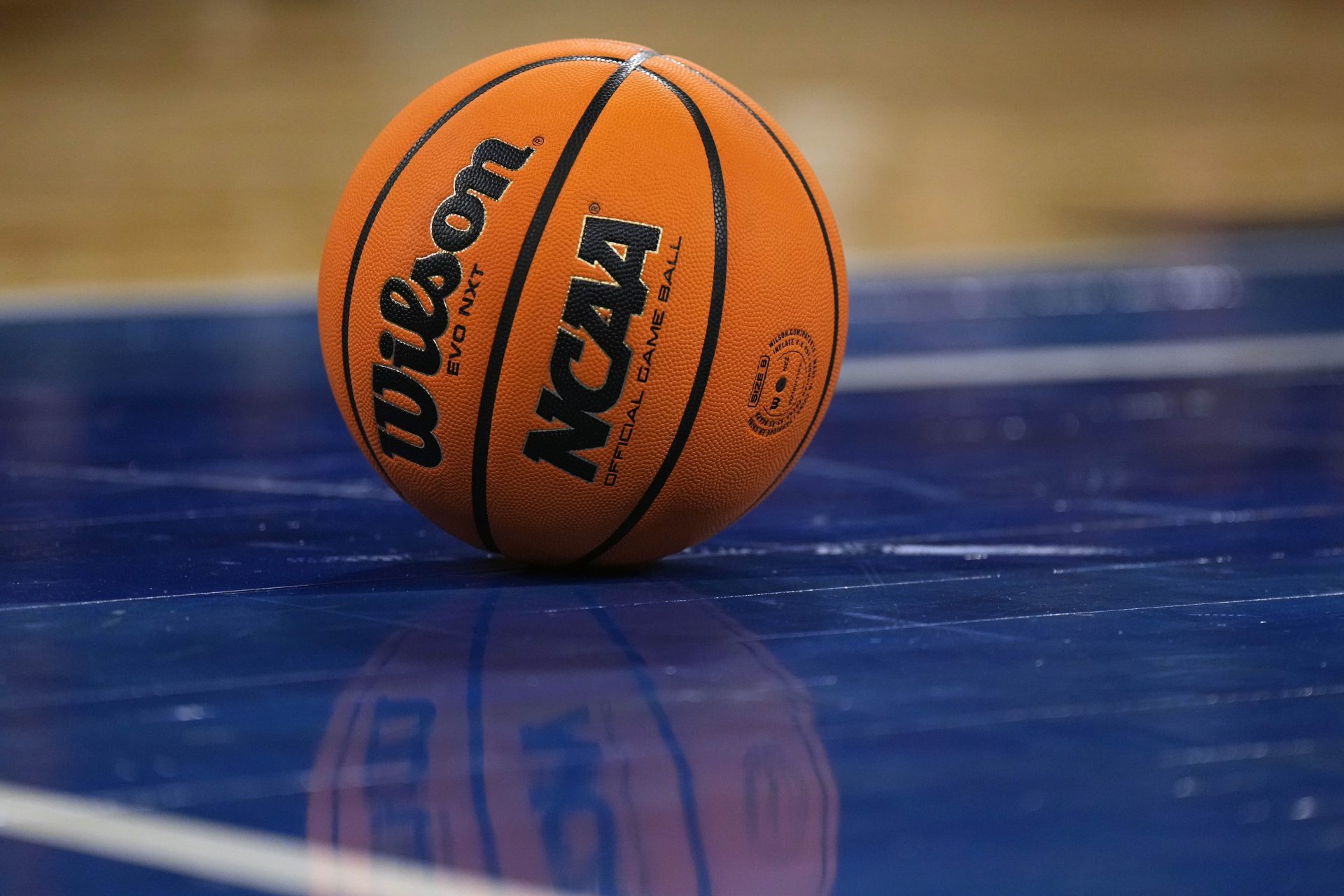The NCAA’s anti-sports betting campaign in college basketball intensified again. A day after announcing the permanent ban of three Division I players for gambling violations, the NCAA announced it was pursuing similar violations against 13 former student-athletes across six different schools.
The enforcement staff is building cases against players from Eastern Michigan, Temple, Arizona State, New Orleans, North Carolina A&T and Mississippi Valley State. The investigative allegations include more than plain and simple betting violations. Among the allegations are bets made on and against their own teams, sharing inside information outside the teams, and purposely influencing the outcome of games.
The NCAA has permanently banned three men’s basketball players from Fresno State and San Jose State for betting on their own performance.
Mykell Robinson, Steven Vasquez, and Jalen Weaver participated in what the NCAA described as a “sports-betting related game manipulation”… pic.twitter.com/d4HC2XsobG
— Yahoo Sports (@YahooSports) September 10, 2025
The timing of these announcements sends a statement. The NCAA is not taking sports betting violations individually anymore. They see them as systemic issues that warrant a quick, powerful response.
The NCAA’s enforcement staff are investigating different kinds of violations spanning conferences and distances. Some players were accused of betting against their own teams, and some players were accused of sharing information with third parties.
The most egregious accusations involve knowingly altering scores or game outcomes. A number of players did not cooperate with the investigators, which brought its own punishments.
Fresno State and San Jose State Players Hit With Bans Amid Betting Allegations
Mykell Robinson (Fresno State), Steven Vasquez (San Jose State), and Jalen Weaver (Fresno State) were banned on Wednesday for violations that occurred during the 2024-25 regular season. The investigative report detailed how Robinson and Vasquez, who lived in the same room the prior year, coordinated betting schemes through text messages.
The NCAA announces that it is pursuing investigations for sports betting with 13 more athletes at six schools. pic.twitter.com/bkdYUibKgZ
— Ross Dellenger (@RossDellenger) September 11, 2025
Enforcement officials have unique challenges when players refuse to cooperate; Robinson and Vasquez both refused to fully engage in the investigation process. This type of non-cooperation typically makes it difficult for investigators to gain a full understanding of the scope of violations.
The most troubling evidence consisted of Robinson’s plans to deliberately underachieve in certain statistical categories in a game. Not casual gambling, it was a purposeful manipulation of statistics for the purpose of manipulating betting.
Read More:
- Cooper Flagg, Paolo Banchero and Jayson Tatum’s Return to Duke Has Fans Abuzz: “Never Seen Kyrie Irving Go Back”, “Zion Don’t Never Comeback”
- “Picked The Worst Option Out Of Everyone”: Fans React As $215,159,700 Atlanta Hawks Star Takes Center Stage As College GameDay Guest Picker
- “Not Some Unbreakable Machine Programmed to Seek and Destroy Opposing Teams”: Dan Hurley’s New Book Sheds Light on Personal Battles Amid On-Court Struggles
College Sports Network has you covered with the latest news, analysis, insights, and trending stories in college football, men’s college basketball, women’s college basketball, and college baseball!



